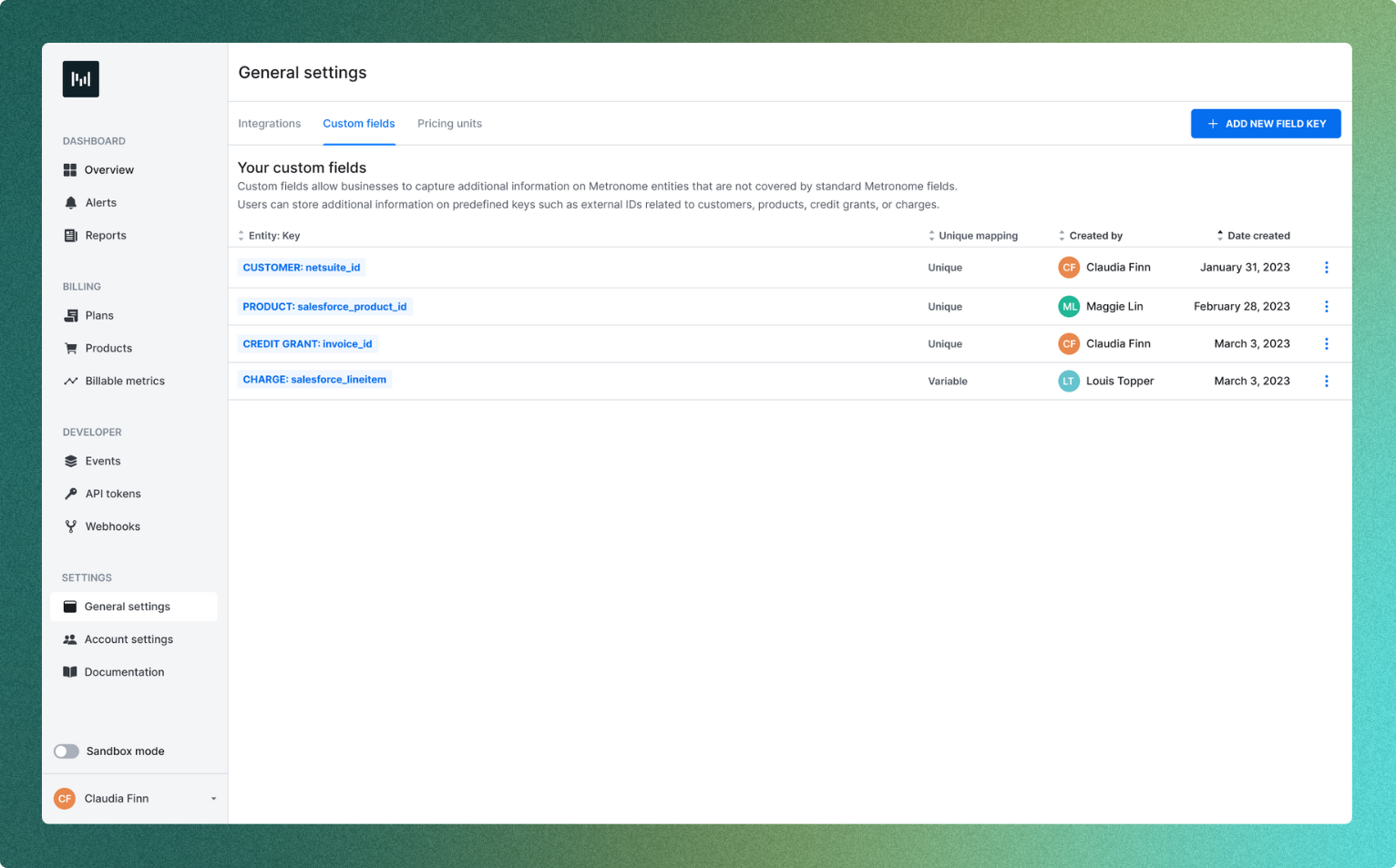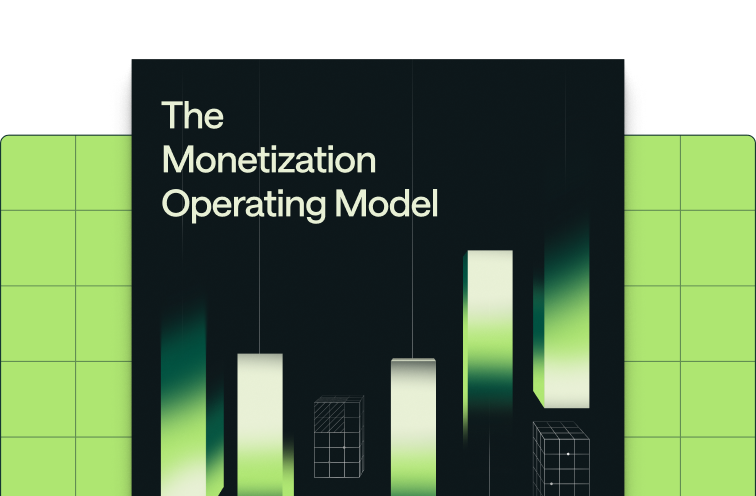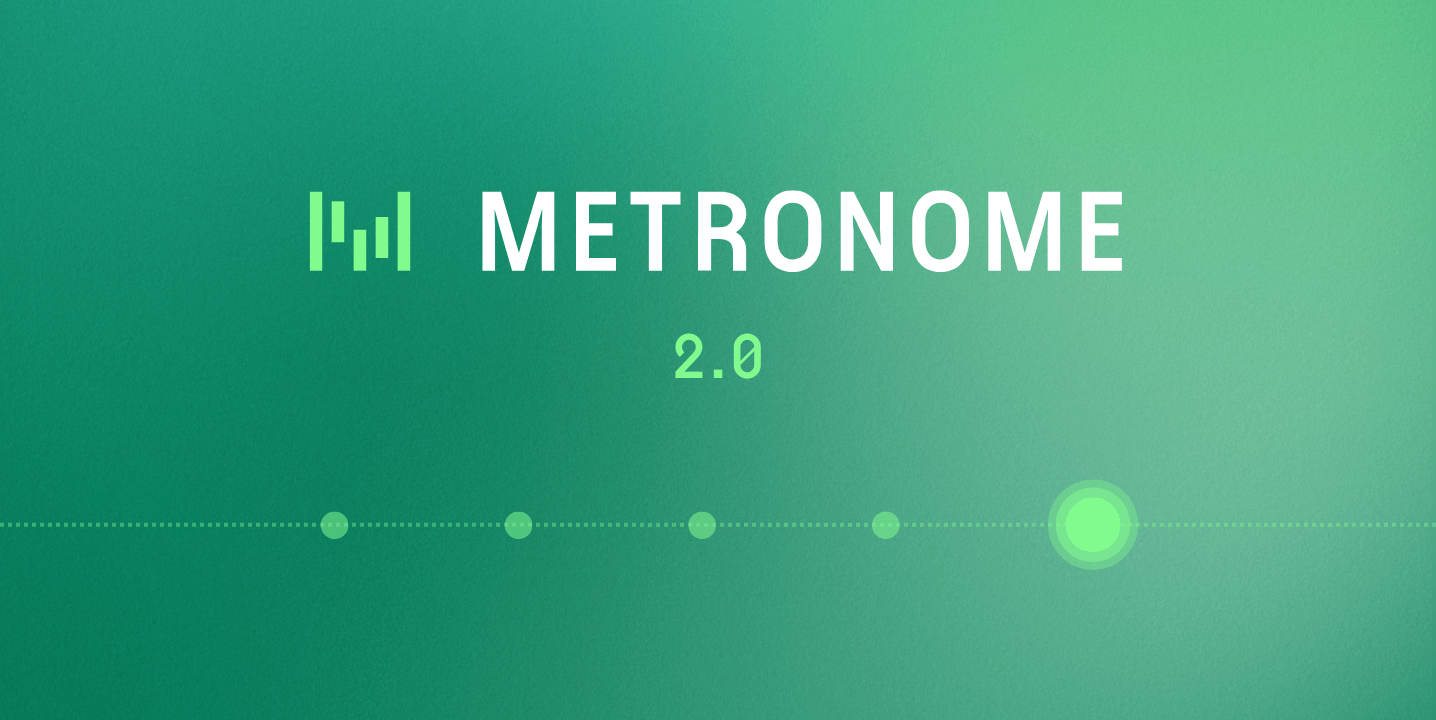Share
In the spirit of March Madness, our team took on March with focus, speed, and a winning attitude to ship some slam-dunk new features. This month's changelog is packed with exciting new releases including custom fields, expanded data export support, audit logs, quantity conversions, and more.
What’s new
Centralize and integrate data with custom fields
We’re excited to introduce adding custom fields to Metronome entities such as customers, products, charges, and credit grants. This feature reinforces our ability to serve as the source of truth for usage, billing, and customer data. It also helps us power more integrations by making it easier to connect Metronome data to other systems. See our blog post and our docs to learn more.

Send raw event data to your data warehouse
We've expanded data export support to include sending raw ingested usage events to your data warehouse. This data can be used for custom analytics, auditing, and troubleshooting of event data. See our docs here to learn more and contact your Growth representative if you’re interested in getting started.
View comprehensive audit logs
As part of our commitment to security, we’ve released our audit log functionality which tracks all actions that resulted in a change across your Metronome environments. This feature is currently available through our API and will be available in the UI soon. See our docs here for more information.
Create billable metrics alerts when usage thresholds are met
With this new alert type, get notified when customer usage exceeds a threshold for any defined billable metric. This is helpful to automatically discover increases in customer usage, whether to detect anomalies or identify upsell opportunities. See our docs here to learn more and contact your Growth representative if you’d like to implement this alert type.

Apply quantity conversion and rounding in the Metronome UI
Customers now have the ability to divide a quantity derived from a customer’s billable metric usage. Instead of asking your data pipeline team to update their schema, you can now use this feature to perform unit conversions on data after it has been sent to Metronome.
Schedule plan edits to take effect in the future
Prepare for upcoming product launches or pricing changes by scheduling plan edits to take effect on a specific date.

Add one-time charges to invoices
Customers can now add one-time charges to draft invoices before they have been finalized in Metronome. This enables finance stakeholders to create ad-hoc invoices for products that are offered without a pre-defined billing schedule. Examples are a fee for a project milestone reached, professional services hours, or to correct an invoice that undercharged the customer in a prior billing period due to an outage.

Additional updates:
- Archive customers through the API and UI. See docs here.
- Hide zero quantity line items in embeddable dashboards. See our docs here if you’re interested in embedding a dashboard.
- Added ‘plan_id’ and ‘plan_name’ to the following invoice endpoints: List invoices and Fetch invoice. See our docs here.
- Updated Billing configuration to General settings in the UI, which has Integrations, Custom fields, and Pricing units nested within it.
Get in touch
Enjoying our changelog? Have feedback on how we can improve it? We’d love to hear from you! To learn more about these features, get in touch with us here or reach out to your Growth representative.







.png)




